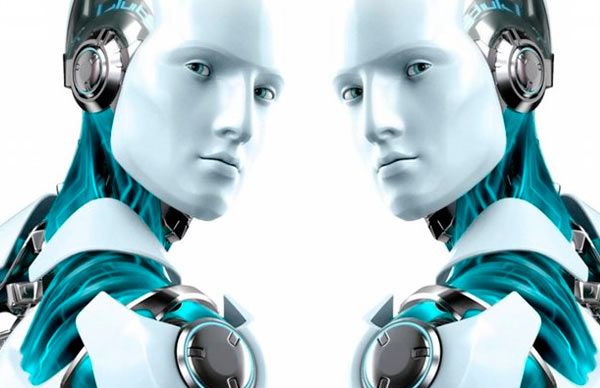
All iLive content is medically reviewed or fact checked to ensure as much factual accuracy as possible.
We have strict sourcing guidelines and only link to reputable media sites, academic research institutions and, whenever possible, medically peer reviewed studies. Note that the numbers in parentheses ([1], [2], etc.) are clickable links to these studies.
If you feel that any of our content is inaccurate, out-of-date, or otherwise questionable, please select it and press Ctrl + Enter.
In the near future, human life can be extended up to 500 years
Last reviewed: 02.07.2025
Scientific experts have suggested that a person could very well live up to 500 years if he or she fully utilizes his or her biological potential.
A similar conclusion was made by leading Google employees who specialize in genetics and pathological diagnostics. Thus, one of the most famous futurologists, Raymond Kurzweil, is confident that a kind of "elixir of longevity" can become a reality in 30 years.
Genetics and gene technologies are developing very intensively, and the question is already being asked about how to set a new program for human DNA so that it can be controlled - updated, reinstalled, etc. The cells of the human body, in theory, are capable of a fairly long life - practically an infinite existence - provided that the mechanism of their reproduction is constantly working.
Another theory being considered is the production of natural limiters implanted in brain structures. A group of neurophysiologists have stated that artificial stimulation of cellular regeneration may not be sufficient for long-term, sustainable brain activity. In other words, the brain of a long-lived person will require artificial technological support.
It can be concluded that in 20-30 years, scientists will learn to “intervene” and make changes to natural biological processes that lead to a limited life expectancy.
It is possible that interference in biological laws may have negative consequences for humans: new diseases and pathological disorders of the brain will appear, which will immediately cast doubt on the stability of a long-lived organism. In addition, technologies that promote longevity have a very high material cost. Therefore, the foreseeable prospects in this direction are still doubtful for some scientists.
Besides, artificially extending human life to infinity is in conflict with religious dogmas. Any classical religious teaching presupposes a limitation on the duration of earthly existence. And for those believers who have achieved truth and enlightenment, earthly life should no longer be of significant importance. Scientists want to transfer the so-called "afterlife" to earth.

If we consider the question of longevity raised by specialists more broadly, then the entire course of modern medicine over the past two centuries can be defined as an attempt to hinder the natural processes of "natural selection", to regulate the life and death of people to support the human population. The use of the latest technological resources, of course, will be able to significantly expand the capabilities of humanity. But - what will be the result of a breakdown of the main natural mechanism?
At the moment, scientists have already proven that if a person maintains a healthy lifestyle, he or she can live up to 120 years of age.
 [ 1 ]
[ 1 ]
